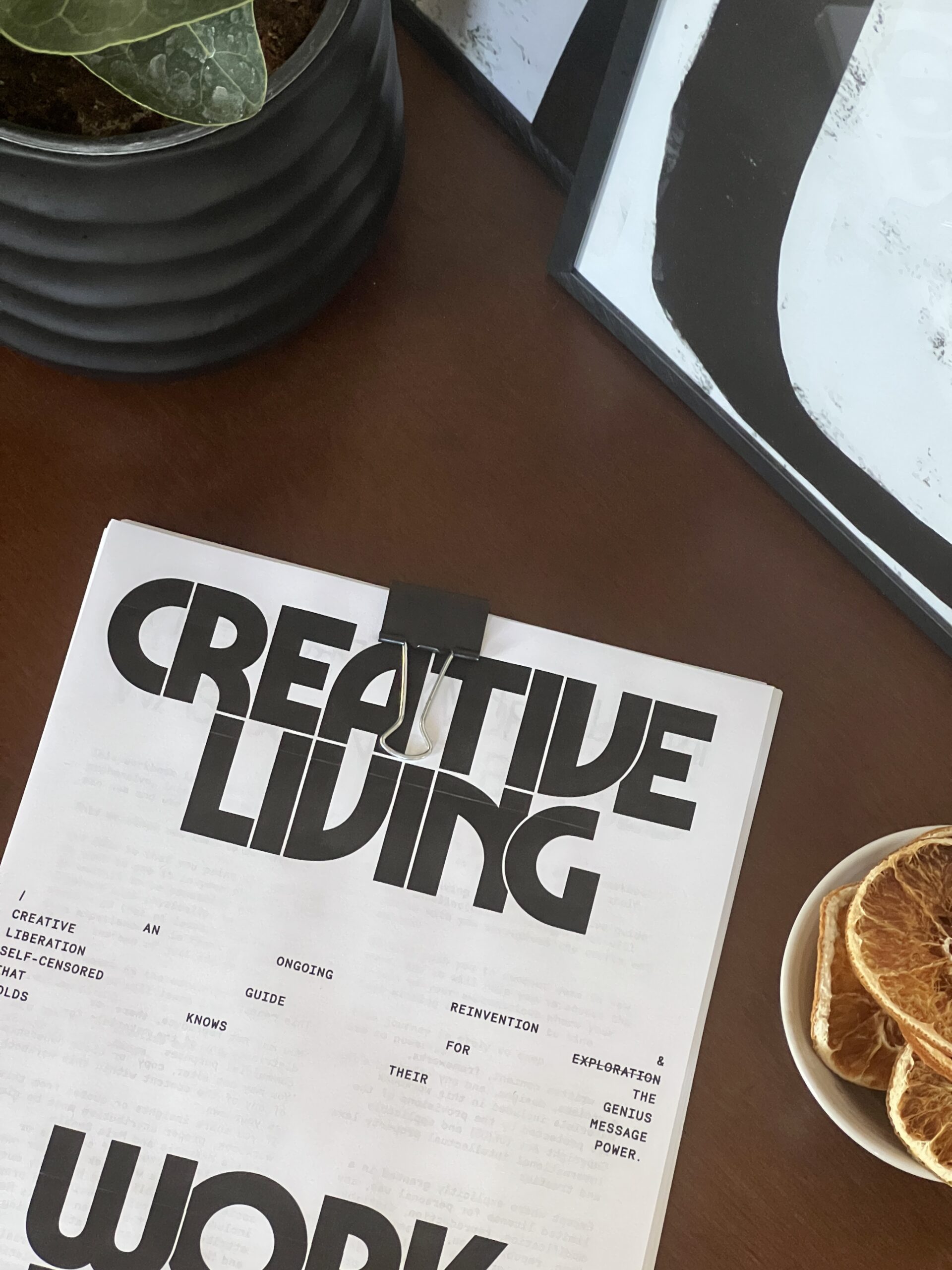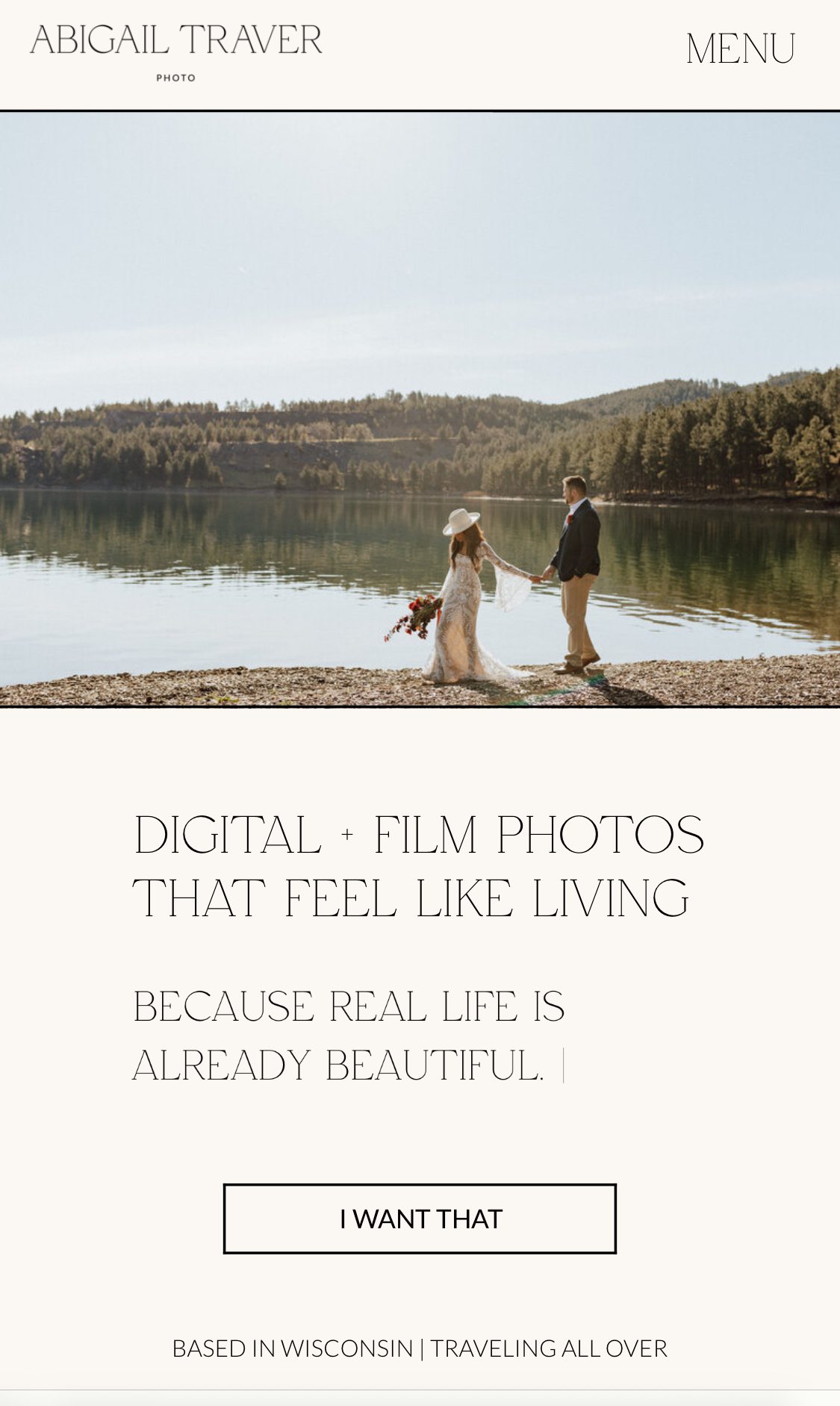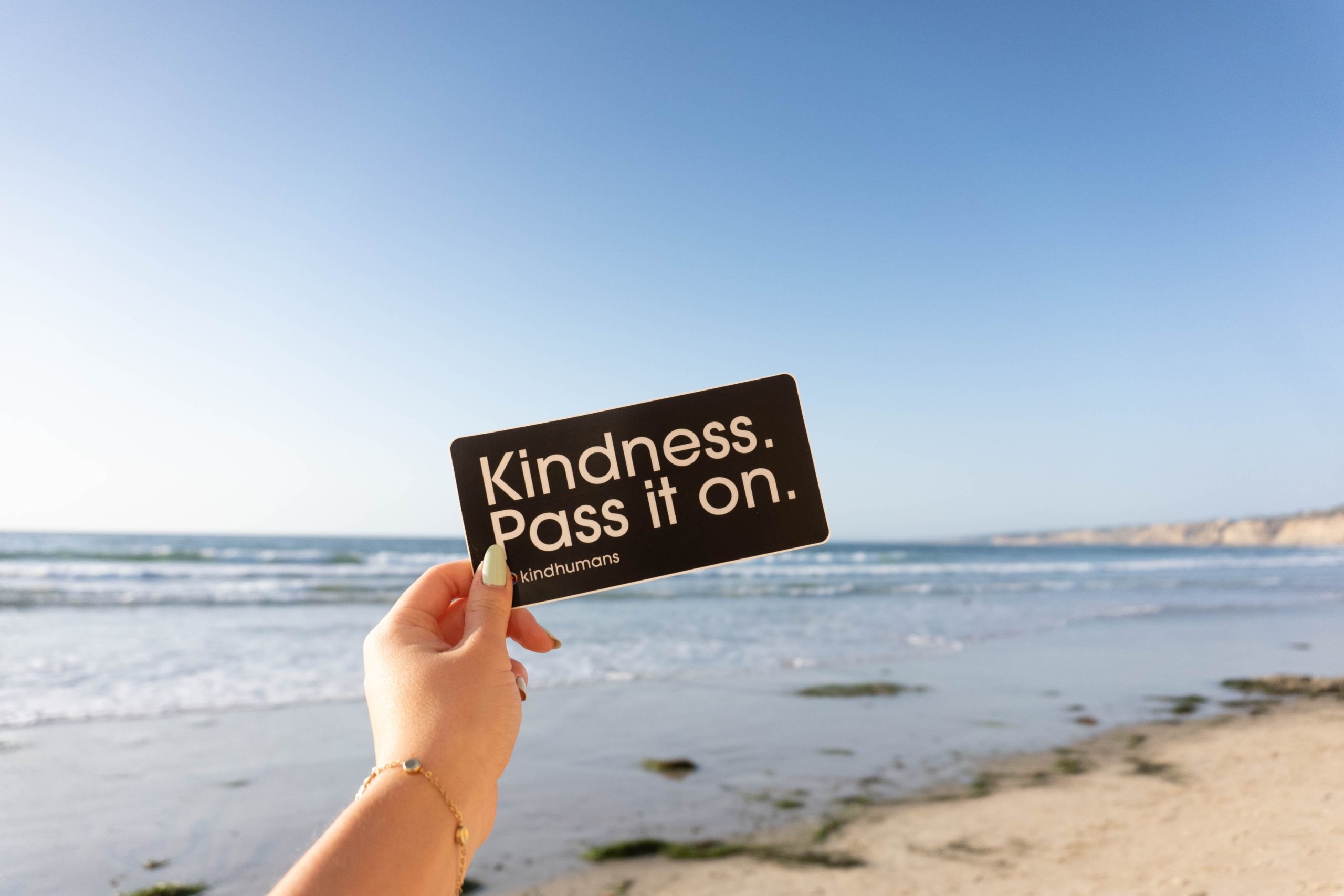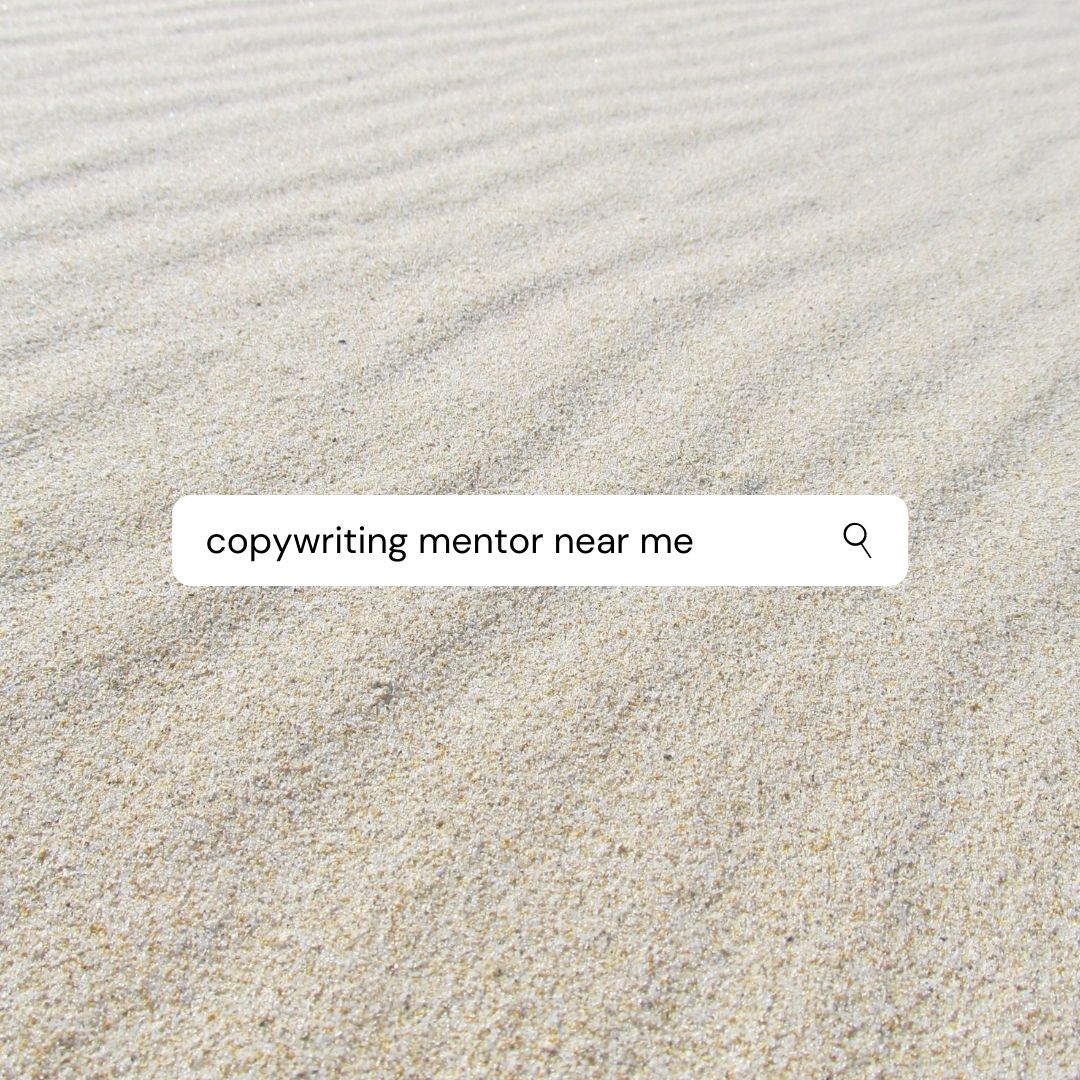I’ve felt the urge to write click bait just as much as anyone else. “Ugh, yes this headline is misleading, but I KNOW more people will look at it!”
“I’m so frustrated that I didn’t close that sale. Maybe I should have amped up the pressure on my client.”
The temptation to write copy and use marketing tactics that are… well… slimy at best, is very strong. Especially in the start-up days of business. We know we need to make sales and get eyes on us, and we feel like we’ll do just about anything to get in front of people and get their dollars!
We’re tempted to ignore the sinking feeling in our gut and just plunge ahead, waving our arms frantically to get attention—not realizing that often we’re causing passersby (who just happen to be our dream clients) to cringe and look away.
From the beginning, Studio Tell has been all about clear and ethical copywriting for creative businesses. We’re positioning ourselves for the new era of marketing in an oversaturated online world, claiming that copy that is straightforward, connection-based, and honest and upfront is the way to go in your business marketing. Instead of the traditional, “will do anything to get the sale” approach, clear marketing prioritizes client trust over client dollars, and connection over clicks.
It sounds nice, doesn’t it?
Here’s a question though: does clear, ethical copy ACTUALLY SELL? Can you actually run a profitable and sustainable business while using ethical practices in your marketing?
Yes. Here’s why.
Ethical copy prioritizes people.
Clear and ethical copy is written with the explicit goal of making it good for humans. It cares most about how people will experience it. (I’ve seen Rachel Baker, the original Ethical Copywriter write about this also–she calls it Human-First Marketing.) This kind of copy does its best to anticipate client questions, think about how they will interact with a call to action, and make sure they are seen and supported as much as possible.
Putting others first (or not) is always going to show through whatever content, advertisement, or conversation your clients interact with. Clients can tell if a brand genuinely cares about them or not, and they will buy accordingly.
Ethical copy builds trust.
The regular practice of ethical copy as the only kind of copy you use in your business, will solidify and build the trust your audience has in you. If it is obvious to potential clients that you are doing your best to be transparent in your offer, they are more likely to know they can rely on you. On the other hand, if you are using veiled or shifty language, and being over-the-top in your claims about your service or product, your clients are much more likely to be suspicious of you. (And therefore, not purchase from you.)
Ethical copywriting has the big picture in mind.
Click bait is called bait for a reason—sensational headlines will always get clicks and views. Ethical copy is different. It is true that up front it may get less views, clicks or likes (or sales!) However, marketing that prioritizes being clear, honest, and compelling over getting more clicks, will result in long-term, sustainable growth. It might not give as many dopamine hits for you up front—but you know you are building trust and caring about your clients which will pay off in the long term.
If I haven’t convinced you yet, let me just reiterate: I firmly believe that writing ethical copy for your website, your brand, and any written communication your business produces, will more than pay off for you. I believe it will build client trust and loyalty and move your business toward growth—both in profit and in relationships.






































































































[…] If you read the last blog post I wrote about why ethical copy does convert and empower you to run a profitable and sustainable online business, you might be wondering a little more about practical ways to write copy that is ethical. (If you missed that blog post, click here.) […]